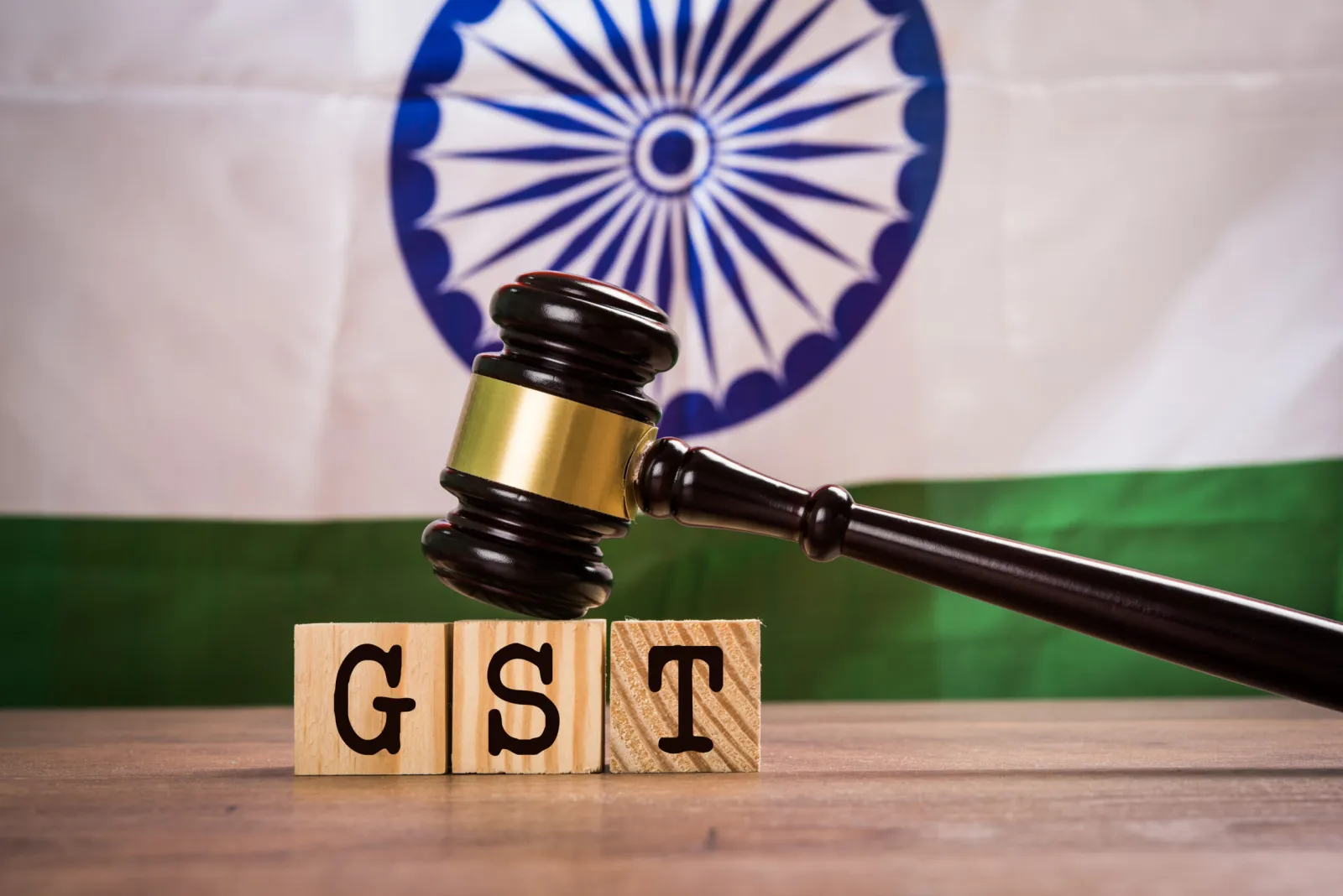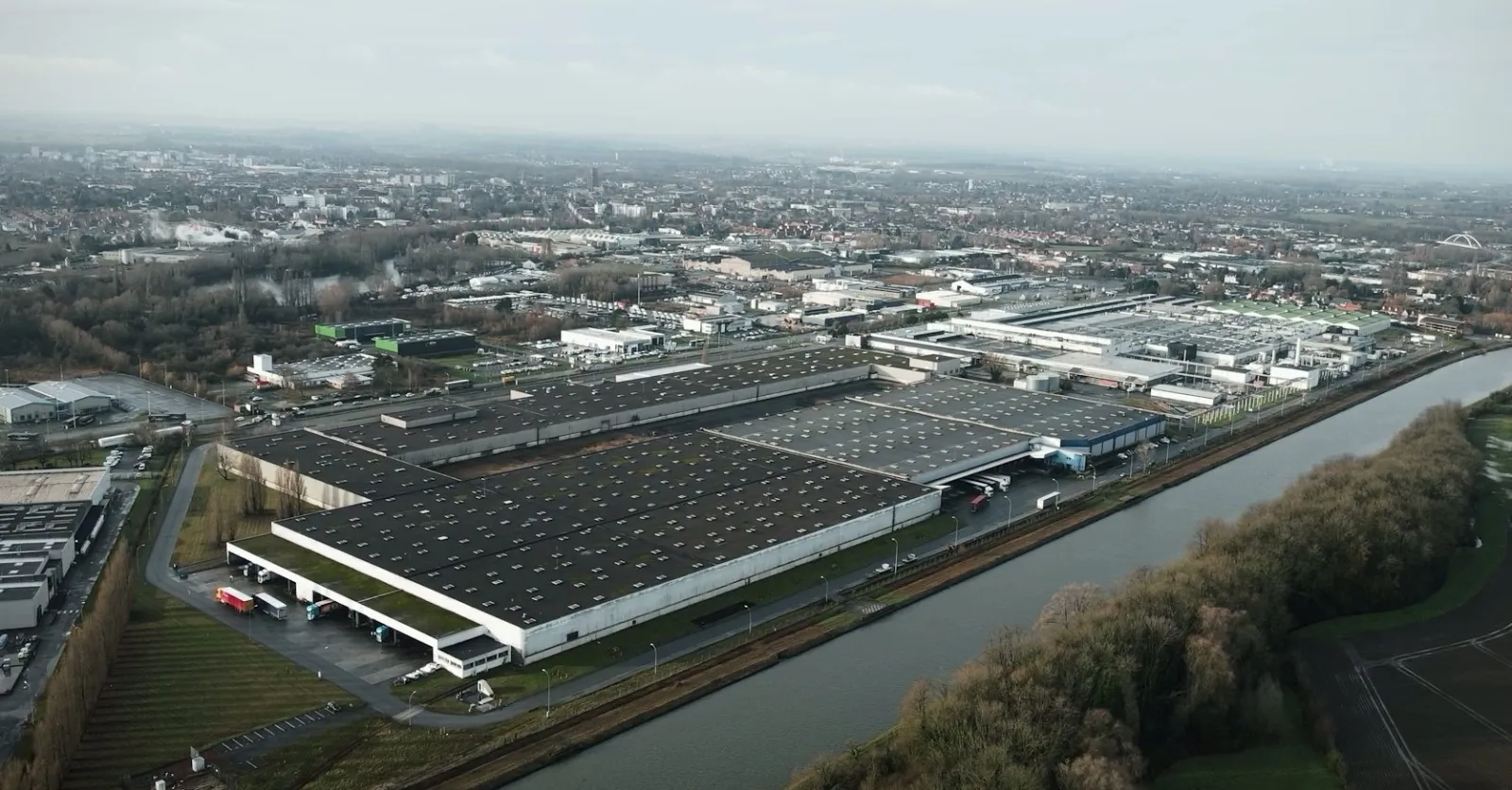The British Tyre Manufacturers’ Association (BTMA) has written to DEFRA’s Secretary of State, urging the UK Government to align fully with the EU Deforestation Regulation (EUDR). With the regulation set to begin in January 2026 (under review), the UK tyre industry is already prepared, but divergence between UK and EU rules risks harming competitiveness, increasing administrative burden, and allowing non-compliant imports into the UK market.
Key Asks From the Industry
- Inclusion of natural rubber in the UK deforestation rules
- A proportionate approach where due diligence applies only to first-placer operators
Alignment with the EUDR is not only about environmental responsibility. According to BTMA, it is essential for fair competition, supply-chain integrity and the future resilience of UK manufacturing.
In a letter dated 7 November 2025 to DEFRA Secretary of State Emma Reynolds, BTMA warned that regulatory divergence would add complexity for a sector valued at £1.5 billion and supporting around 5,000 skilled UK jobs. The association noted that companies have already invested in IT systems, training, and traceability to meet EUDR requirements and urged timely action, as the EUDR is due to take effect on 1 January 2026.
BTMA highlighted concern that natural rubber may not fall under the UK’s Forest Risk Commodity Regulation, which could disadvantage UK manufacturers and weaken enforcement if non-compliant imports enter the market. The letter also referenced recent UK trade defence actions, including the 1 August 2025 extension of anti-dumping measures on truck and bus tyres from China, as evidence of ongoing market vulnerability and the need for robust, harmonised regulation.
The association set out two specific policy requests for UK ministers: first, to explicitly include natural rubber within the scope of any UK deforestation-related regulation; and second, to limit due diligence obligations to the operator that first places commodities or relevant derived products on the UK market. In particular, BTMA argued that the requirement to create and retain a due diligence statement should not extend to downstream actors or oblige the transfer of statement reference numbers throughout the supply chain.
Chief executive Darren Lindsey said aligning with the EUDR is a strategic imperative for industrial resilience and the UK’s global reputation, adding that a coherent, harmonised framework would help safeguard jobs and support investment across the sector.







